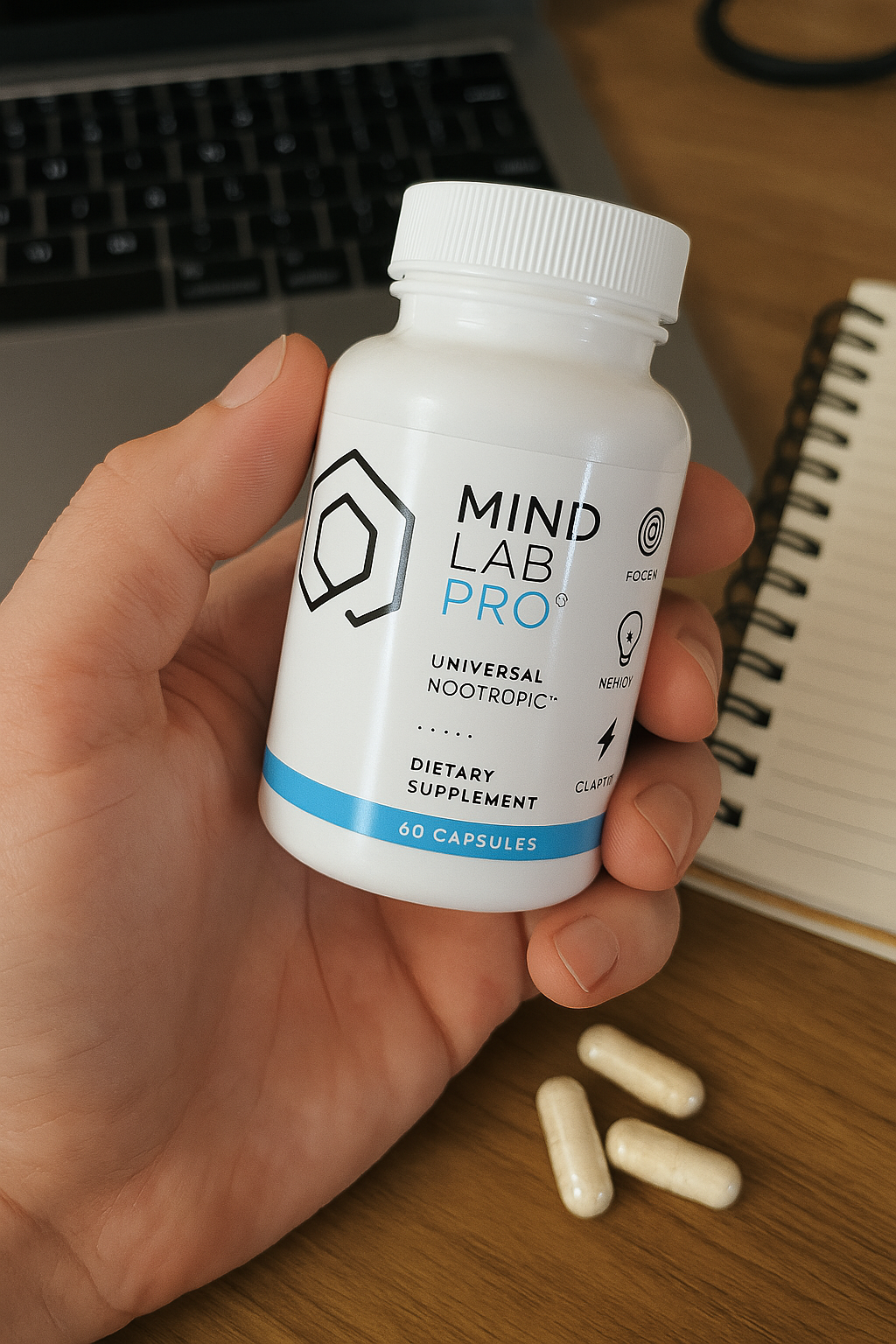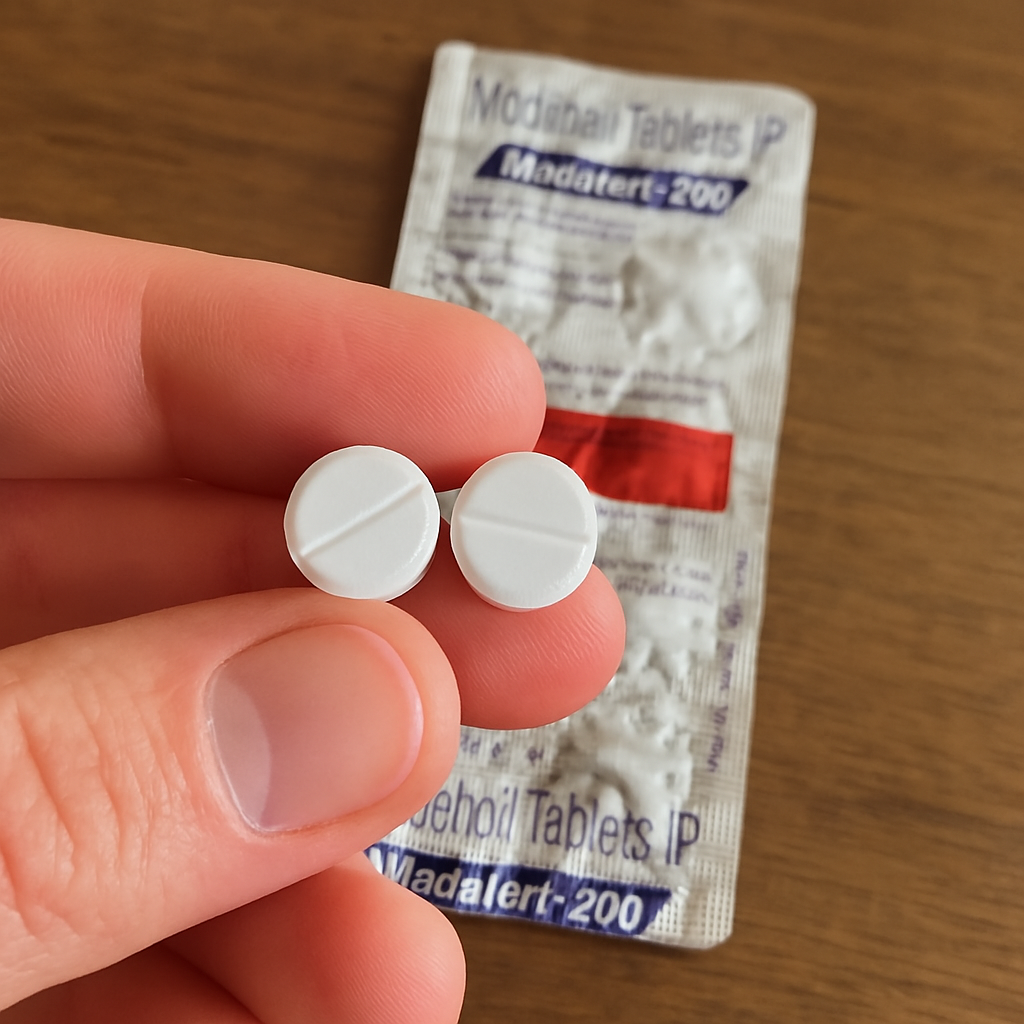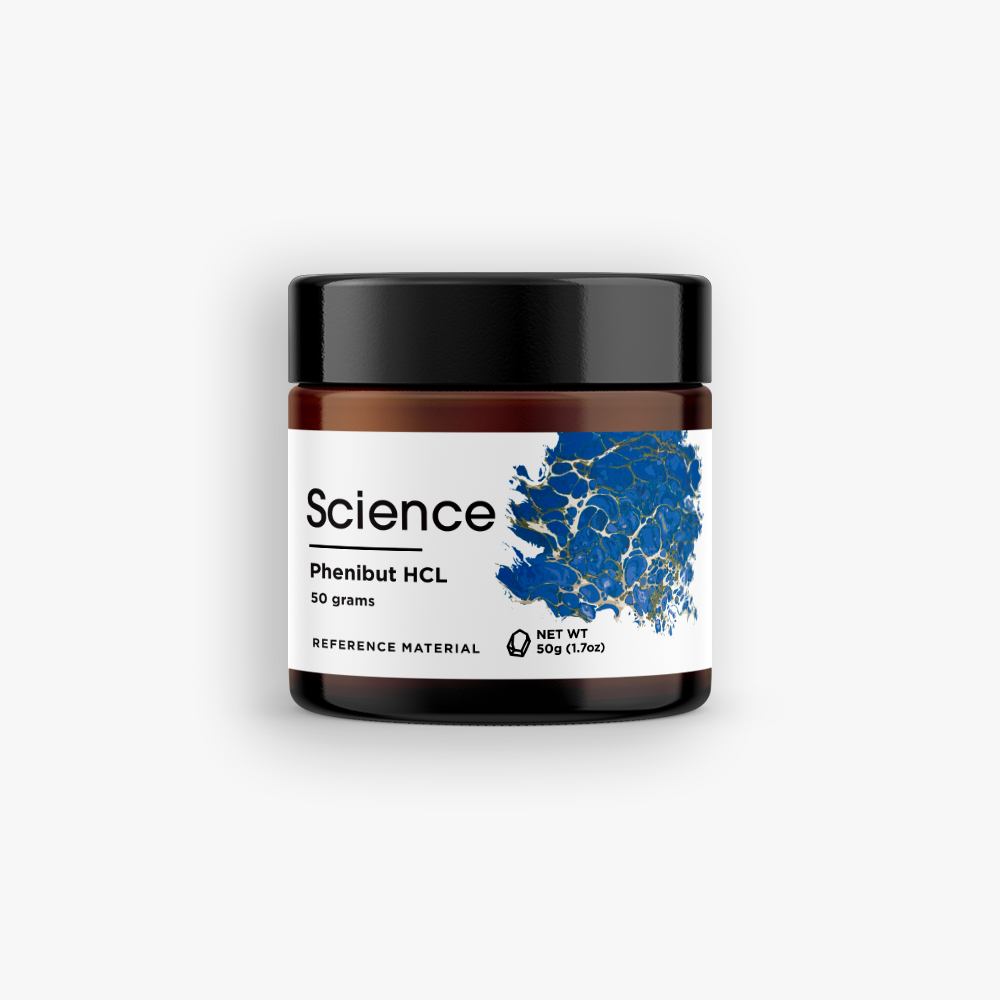Scientific analysis of Prevagen's key ingredient, apoaequorin, its purported mechanism, safety studies, and the evidence supporting its cognitive enhancement claims.
Table of Contents

Prevagen Alternative: Mind Lab Pro
Comprehensive formula: 11 research-backed nootropics including Citicoline, Bacopa Monnieri, Lion's Mane Mushroom and Phosphatidylserine in premium forms at effective dosages.
Proven benefits: University of Leeds double-blind study showed 34.1% improvement in delayed visual recall and 20.7% enhancement in verbal learning and memory.
Clean formula: Stimulant-free, non-GMO, vegan, soy-free, gluten-free, allergen-free, and no artificial additives.
* Special offers often include buy-3-get-1-free deals and free shipping
What is Prevagen?
Prevagen is a popular over-the-counter dietary supplement marketed by Quincy Bioscience for improving memory and supporting healthy brain function. Its unique selling proposition centers on apoaequorin, a calcium-binding protein originally isolated from the jellyfish Aequorea victoria. Prevagen is available in various strengths (Regular, Extra Strength, Professional).
Apoaequorin: The Key Ingredient
Apoaequorin is the protein component of aequorin, a photoprotein complex found in certain jellyfish. When apoaequorin binds with calcium ions and its cofactor coelenterazine, it emits blue light. Quincy Bioscience produces apoaequorin recombinantly using genetically modified E. coli, not by extracting it directly from jellyfish[2]. The company claims this synthetic version is identical to the natural form.
Proposed Mechanism of Action
The theoretical basis for Prevagen's effects relates to calcium homeostasis in the brain. Age-related cognitive decline is sometimes associated with dysregulation of intracellular calcium levels in neurons. Quincy Bioscience suggests that apoaequorin, as a calcium-binding protein, might help regulate neuronal calcium levels, thereby supporting cognitive function.
However, a significant scientific challenge exists: proteins like apoaequorin are typically digested into amino acids and small peptides in the gastrointestinal tract and are unlikely to cross the blood-brain barrier intact to exert direct effects on neurons. While one safety study noted apoaequorin is easily digested by pepsin[2], this characteristic argues against its ability to reach the brain in its functional form after oral ingestion. The precise mechanism by which orally ingested apoaequorin could influence brain calcium regulation remains scientifically unsubstantiated.
Safety Assessment
Quincy Bioscience highlights several safety studies for apoaequorin. A 90-day subchronic toxicity study in rats found no adverse effects even at high doses (666.7 mg/kg body weight/day), establishing a high No-Observed-Adverse-Effect Level (NOAEL)[1]. This dose is significantly higher than the amount in Prevagen supplements.
Another study assessed allergenic potential using bioinformatics and simulated gastric digestion[2]. The results indicated apoaequorin is unlikely to be an allergen and is readily digested, suggesting low risk from ingestion. Based on these studies, the apoaequorin ingredient itself appears to have a good safety profile at recommended doses.
Clinical Evidence for Efficacy
The evidence supporting Prevagen's effectiveness for memory improvement is highly contested. The primary study often cited by Quincy Bioscience is the Madison Memory Study. This randomized, double-blind, placebo-controlled trial involved adults with self-reported memory concerns.
While the study initially reported no statistically significant difference between the Prevagen and placebo groups for the overall study population across various cognitive tasks, Quincy Bioscience later conducted post-hoc analyses on subgroups. These secondary analyses suggested improvements in specific cognitive domains for certain subgroups, which formed the basis of their marketing claims. However, relying on post-hoc subgroup analyses is considered statistically weak and prone to finding chance associations. Independent reviews and regulatory bodies have criticized this approach[3].
Crucially, large-scale, independent clinical trials confirming significant cognitive benefits of Prevagen in the general population or specific patient groups are lacking. The available evidence does not robustly support the marketing claims of substantial memory improvement.
Controversy and Legal Challenges
Prevagen has faced significant legal and regulatory scrutiny. In 2017, the U.S. Federal Trade Commission (FTC) and the New York Attorney General filed a joint complaint against Quincy Bioscience, alleging deceptive advertising regarding Prevagen's memory improvement claims. The complaint argued that the company relied on flawed data, particularly the post-hoc analyses of the Madison Memory Study, which did not provide reliable scientific evidence for the advertised benefits.
While the legal proceedings have had various outcomes over the years, the core issue remains the discrepancy between Prevagen's strong marketing claims and the limited, contested scientific evidence supporting its efficacy for cognitive enhancement. Critical analyses questioning the evidence behind Prevagen's effectiveness have also been published[3].
Pros and Cons
Pros
Cons
- Lack of Robust Efficacy Evidence: Claims based largely on contested post-hoc analyses; independent confirmation lacking[3].
- Implausible Mechanism: Scientific basis for orally ingested apoaequorin affecting brain calcium is weak.
- Cost: Can be relatively expensive compared to supplements with stronger evidence.
- Legal and Regulatory Challenges: Subject to FTC action and court rulings regarding deceptive advertising[3].

Mind Lab Pro
- Complete 11-in-1 formula
- Non-stimulant formula
- Premium price

Modafinil
- Powerful focus
- 12+ hours duration
- Rx required in US

Science.bio
- Third-party tested
- Many compounds
- Research only
Conclusion
Prevagen's marketing success highlights consumer demand for cognitive enhancers. While its key ingredient, apoaequorin, appears safe based on available studies, the evidence supporting its effectiveness for memory improvement is weak and controversial. The proposed mechanism of action lacks strong scientific validation for oral administration.
Consumers should be aware of the legal challenges and the criticisms regarding the interpretation of the clinical data used to support Prevagen's claims. Given the lack of robust, independently verified evidence for efficacy, individuals seeking cognitive support may find more value in exploring lifestyle interventions (diet, exercise, sleep) and supplements with stronger scientific backing.
Prevagen's ingredient apoaequorin has demonstrated safety in preliminary studies, but robust evidence for cognitive enhancement efficacy is lacking. Claims are based on contested data, and the proposed mechanism is scientifically implausible for oral delivery.
Frequently Asked Questions
Is Prevagen safe to take?
Based on animal toxicity studies and allergenicity assessments, the ingredient apoaequorin appears safe at recommended doses[1], [2]. However, as with any supplement, individual reactions are possible. Consult a healthcare provider if you have concerns.
Does Prevagen actually improve memory?
The scientific evidence supporting significant memory improvement from Prevagen is weak and highly debated. The main study cited by the manufacturer relied on post-hoc subgroup analyses, which are not considered strong evidence[3]. Independent, large-scale studies confirming benefits are lacking.
What is apoaequorin and how is it supposed to work?
Apoaequorin is a calcium-binding protein originally found in jellyfish. Prevagen uses a synthetic version. The company suggests it helps regulate calcium in brain cells. However, there is no strong evidence that the protein survives digestion and crosses the blood-brain barrier intact to perform this function after being taken orally.
Why is Prevagen controversial?
Prevagen faced legal action from the FTC and the New York Attorney General for allegedly making deceptive memory improvement claims based on insufficient scientific evidence[3]. The controversy centers on the gap between marketing claims and the quality of the supporting clinical data.
References
- Moran DL, Marone PA, Bauter MR, Soni MG. "Safety assessment of Apoaequorin, a protein preparation: subchronic toxicity study in rats." Food Chem Toxicol. 2013. (source)
- Moran DL, Tetteh AO, Goodman RE, Underwood MY. "Safety assessment of the calcium-binding protein, apoaequorin, expressed by Escherichia coli." Regul Toxicol Pharmacol. 2014. (source)
- Shmerling, Robert H. "Court ruling curbs unfounded claims for memory supplement." Harvard Health Blog. May 31, 2019. (source)

Jen Masson
Brain Nutrition Specialist with expertise in nootropics, ketogenic diets, cognitive and metabolic optimization.